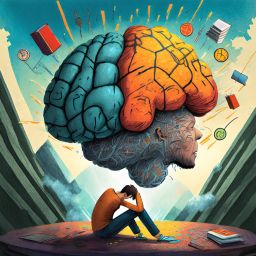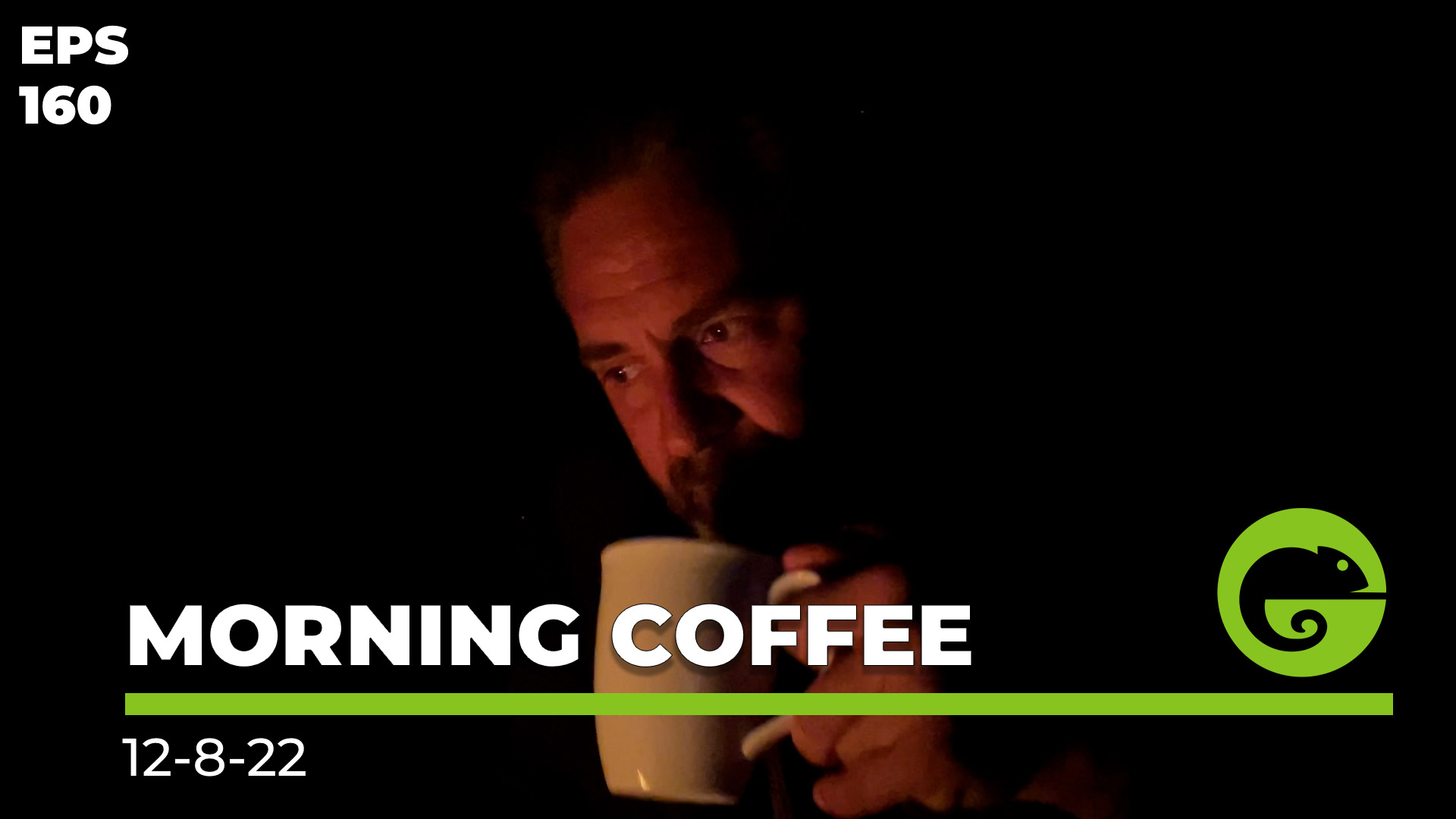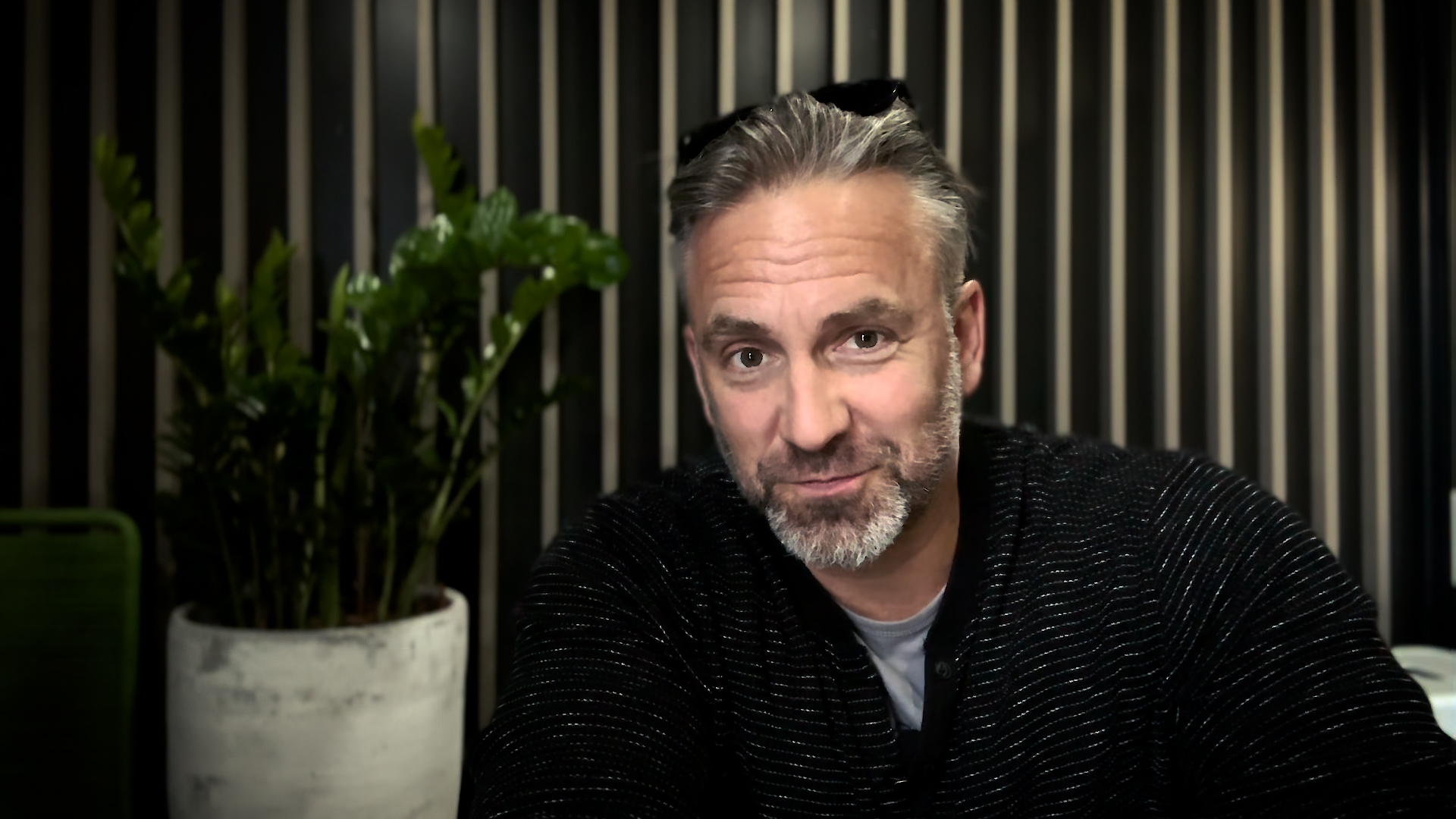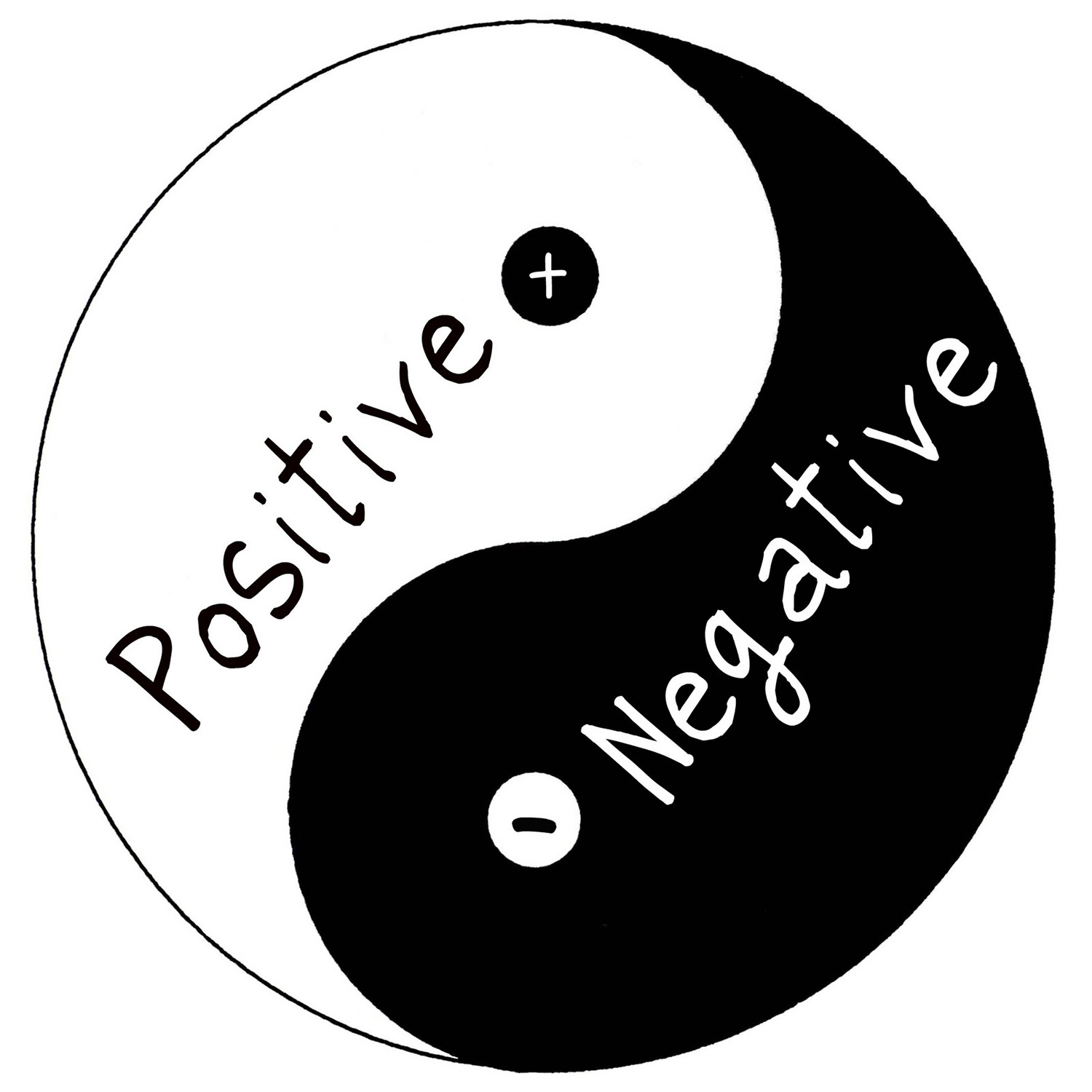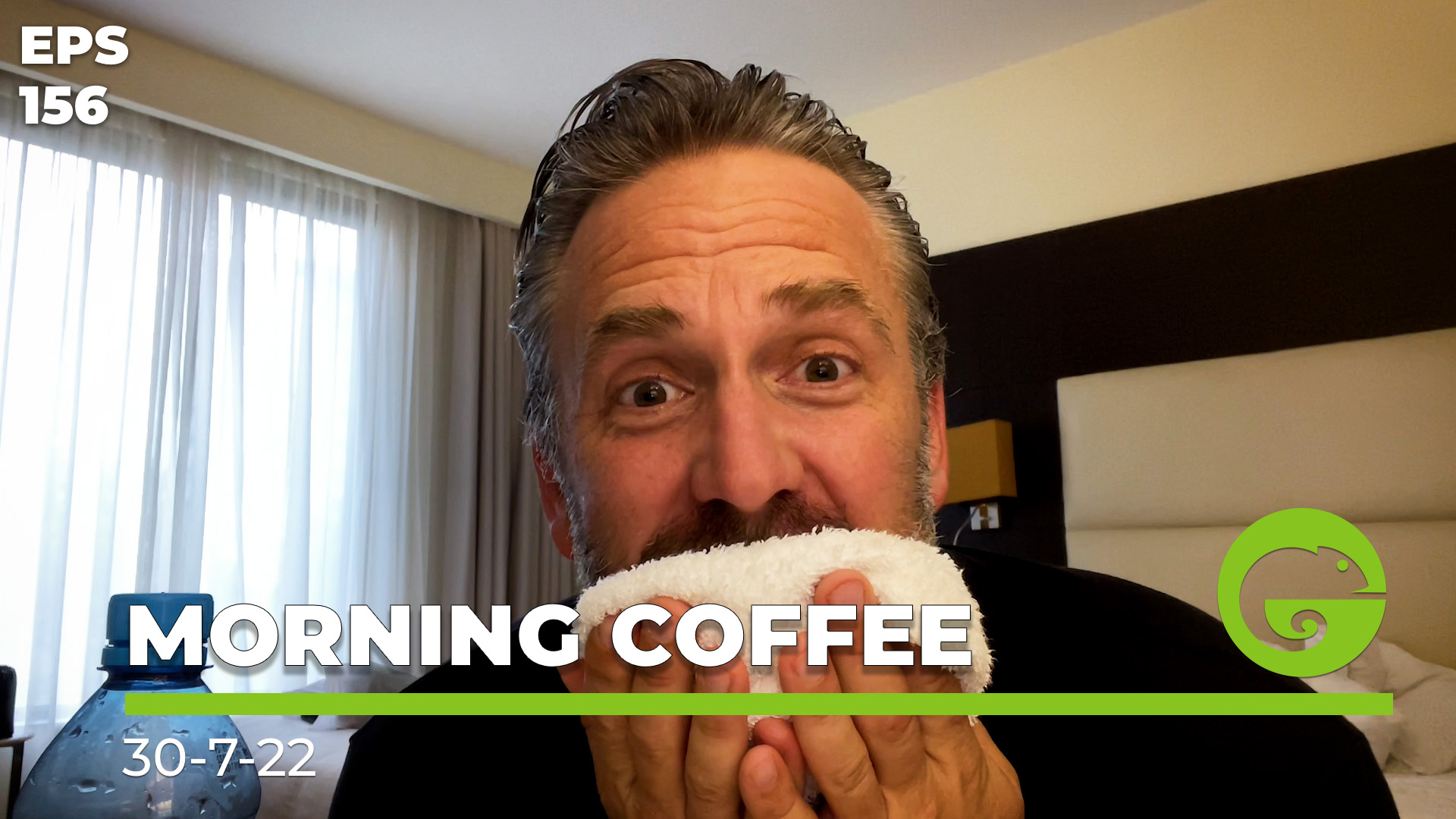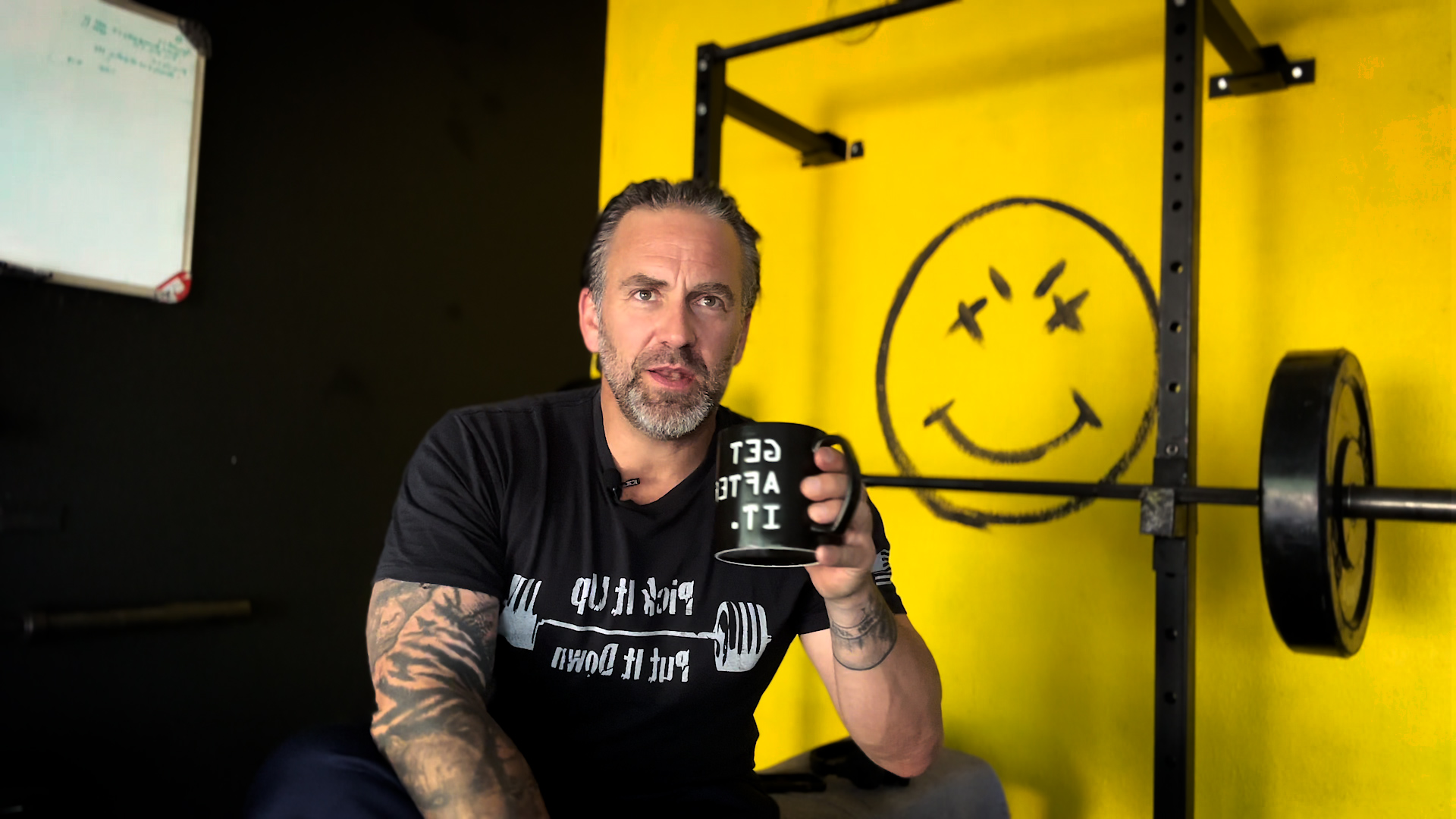Anxiety, a very common human emotion, can at times escalate into an overwhelming and incapacitating experience.
If you find yourself grappling with heightened anxiety, it’s essential to pinpoint the triggers that set off these sensations, allowing you to cultivate effective coping mechanisms.
Common Anxiety Triggers
Anxiety stems from various sources, and acknowledging these triggers is pivotal in your journey to mastering its management.
Some common anxiety triggers include:
- Stress: The weight of stressors in your daily life can contribute significantly to heightened anxiety levels.
- Specific Situations: Public speaking, flying, and other specific scenarios can provoke intense anxiety.
- Underlying Medical Conditions: Health issues like heart disease or diabetes can intertwine with anxiety.
- Substance Use: Both recreational drugs and prescription medications can influence anxiety levels.
- Caffeine or Alcohol: Consumption of caffeine or alcohol can amplify feelings of anxiety in susceptible individuals.
- Sleep Deprivation: Inadequate sleep can exacerbate anxious thoughts and sensations.
- Certain Medications: Some medications might contribute to or trigger anxiety as a side effect.
- Traumatic Experiences: Past trauma can cast a long shadow, frequently manifesting as heightened anxiety.
- Genetics: An inherited predisposition to anxiety can make certain individuals more vulnerable.
Taking control of your anxiety hinges on the ability to identify the events or circumstances that spark it.
Stay attuned to these situations, and simultaneously, try to observe the physical and emotional symptoms that accompany your anxiety.
Common physical indicators might include:
- Increased heart rate
- Sweating
- Trembling or shaking
- Nausea
- Dizziness
- Lightheadedness
- Shortness of breath
Emotions and feelings might include:
- Intense fear
- Pervasive worry
- Heightened tension
- Restlessness
- Difficulty concentrating
- Sleep disturbances
Managing You Anxiety Triggers
As you start understanding the factors that fuel your anxiety, empowering yourself with effective strategies is a vital part in managing your anxiety and the effects it has on your life.
- Strategic Avoidance: Whenever feasible, steer clear of triggering situations. While not always possible, minimizing exposure can be impactful.
- Mind-Body Relaxation: Explore diverse relaxation techniques like deep breathing exercises, meditation, and yoga to soothe your mind and body.
- Regular Exercise: Engage in moderate-intensity exercise for at least 30 minutes most days of the week to mitigate stress and anxiety.
- Prioritize Sleep: Prioritize 7-8 hours of nightly sleep to bolster your resilience against anxiety.
- Nourishing Diet: A wholesome diet rich in fruits, vegetables, and whole grains can positively influence mood and overall well-being.
- Professional Guidance: Seeking support from a therapist or life coach can equip you with tailored coping strategies and a comprehensive treatment roadmap.
Remember, managing anxiety is an ongoing journey marked by progress and setbacks.
With dedication and perseverance, you can master anxiety management, paving the way for a gratifying and contented life.
For a more in-depth exploration of anxiety management strategies or to discuss your personal path to resilience, don’t hesitate to reach out and let’s start a conversation.
Remember, at base level, anxiety is caused by knowing you have decisions to make, but you’re not making them. Start with this and be aware of your triggers and I assure you things will start changing for you.
You’ve got this.



